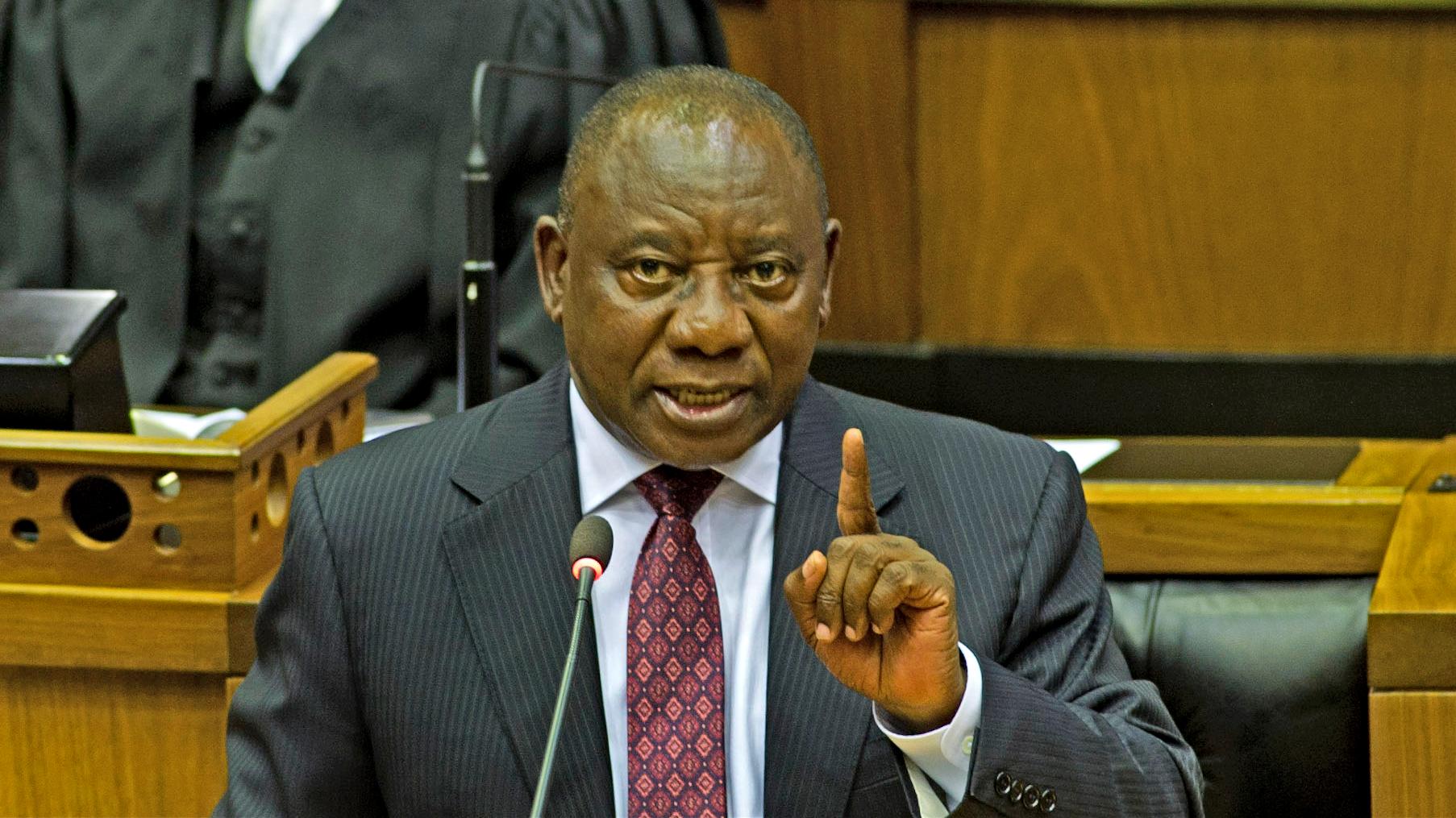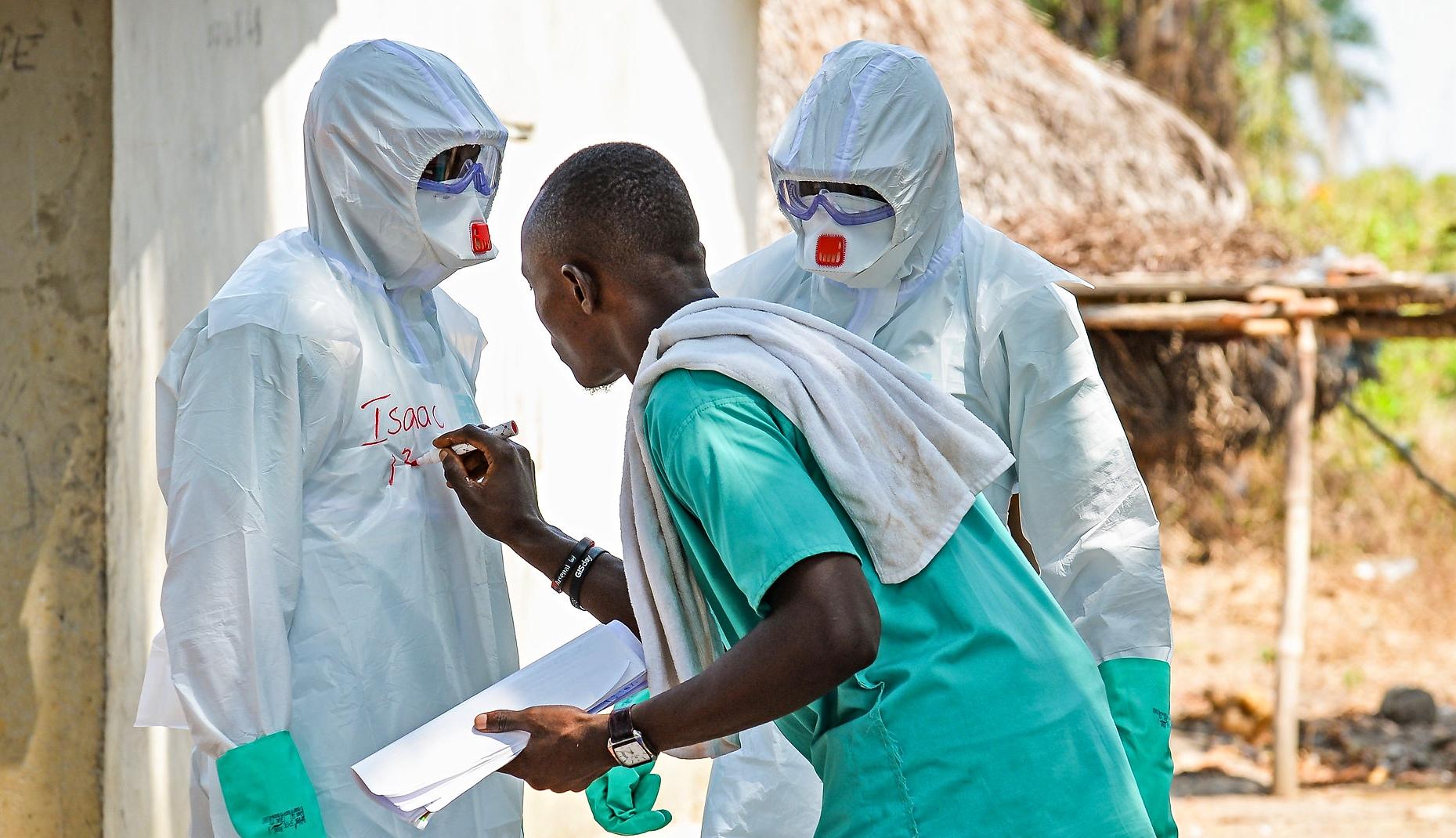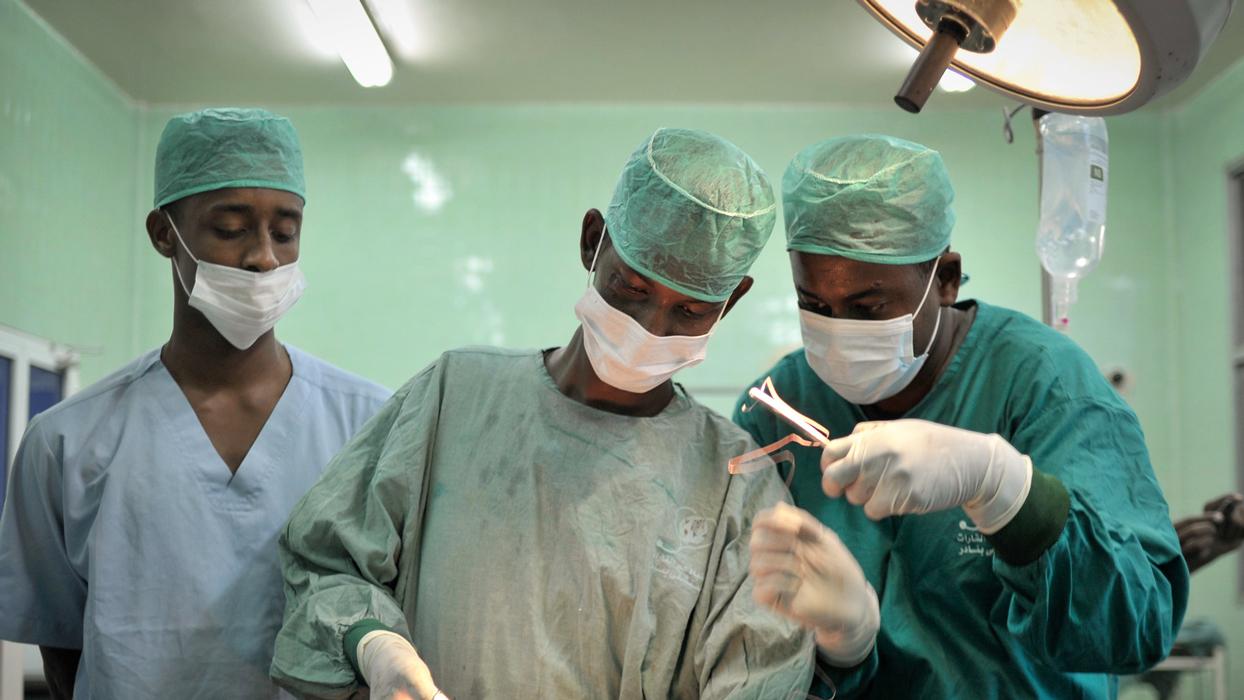A new blog series explores grassroots interpretations of Covid-19, focusing on populations living at Uganda’s northern borders. The approach complements the unfolding analysis of the politicisation and political economy of Covid-19 at the national level.
See the full series on Covid-19 in Uganda here.
In the face of a novel coronavirus, the Ugandan government has taken affirmative action, instigating lockdowns across the country. Following the announcement of the first infection Uganda’s long-serving president, Yoweri Kaguta Museveni closed national borders. On 3 Friday April 2020, Museveni addressed the nation in response to the growing number of Covid-19 cases across the country. The statement marks the most recent in a series of presidential addresses to the nation, aired across radio stations, and accompanied by frequent tweets from Museveni’s Twitter page.
As of today, the number of confirmed cases in Uganda stands at 52, with no registered deaths. The first of these cases was confirmed on 21 March, which came after the deployment of a series of measures to contain the spread of the virus. These included, among others, the shutdown of education institutions and the banning of public political rallies.
In the wake of a further eight confirmed cases (Ugandan nationals returning from the United Arab Emirates), on 24 March Museveni addressed the nation. Here, he reiterated previously deployed measures, encouraged specific hygiene practices and highlighted an opportunity to boost the country’s industrial production through the manufacturing of bicycles. He also acknowledged concern surrounding inflated food prices, casting blame on ‘crooks’ and firmly warning that where hikes were found to be taking place, sales licenses would be cancelled.
By Monday 30 March, the number of confirmed cases had risen to 33 (31 Ugandans and two Chinese nationals). In what was his fifth Covid-19 address to the nation, President Museveni initiated a total lockdown for a period of 14 days and a 7pm curfew throughout the country. All movement was prohibited – including those in private vehicles – and shopping malls and stores were closed and supermarkets were to open with clear standard operating procedures. While the food markets in towns and cities were to remain open, those selling at the markets were not to return home during the 14 days, but rather ‘arrange to stay nearby for that duration.’ Similarly, ‘crucial employees’ at factories should ‘camp around the factory area for the 14 days’.
Reiterating his previous message of industrial hope, Museveni pointed to the new opportunities ‘emerging in this misfortune’, including the growing demand for sanitisers, bicycles and face masks. After announcing plans to work with the IMF and the World Bank to promote industrialisation through import-substitution and the promotion of exports, he concluded ‘[Y]ou have seen how dangerous it is for Africa to excessively depend on imports from outside. This is the time to wake-up.’
Yet, perhaps most striking in this address to the nation was Museveni’s warning to those ‘opportunistic and irresponsible politicians who try to distribute food for cheap popularity.’ Arguing that it generated excessive crowd gatherings, he announced that anyone involved in the distribution of food would be arrested and charged with attempted murder. The address came to a close with a verse from Isaiah, ‘Go home my people and lock your doors! Hide yourselves for a little while until the Lord’s anger has passed’ (Chapter 26, Verse 20).
The media has been active in reporting on the measures, addressing fears that the government may use this opportunity to restrict political freedoms. In this light, the global human rights community has pointed to the use of excessive force to enforce the measures, including beatings, shootings and arbitrary detaining across the country. The violent arrest of 23 citizens taking refuge in a shelter serving the LGBT community in Kampala, targeted for their alleged ‘public gathering’, also sparks further concern surrounding the widespread discrimination of LGBT groups.
The Leader of Opposition in Parliament, Betty Aol Ocan, has made a call for the government to relax the ban on food relief, arguing that it serves as a critical lifeline for vulnerable Ugandans living ‘hand to mouth’. Indeed, as elsewhere, the measures are expected to hit the nation’s citizens who rely upon the vast services and consumer goods economies the hardest, leaving many without an income for the foreseeable future.
Meanwhile, as the Museveni government rolls outs a series of prohibitive measures, the legislator and musician Robert Kyagulanyi – or better known as Bobi Wine – has released a musical track, ‘Corona Virus Alert’, attempting to spread awareness of Covid-19 and encourage best practice. In January of this year, the popstar turned politician was arrested for attempting to hold a rally in support of his 2021 presidential bid and has recently shared his concerns surrounding the use of brutal violence in the wake of the new Covid-19 measures.
Whilst much media reporting has described the political and human rights connotations of efforts to contain Covid-19, left underexplored is how ordinary Ugandans approach the pandemic. These blogs offer personal insights into explanations and approaches on the ground. While one contribution explores the response of urbanites in Kampala, four blogs explore how Covid-19 is navigated at Ugandan’s borders, focusing on the West Nile sub-region.
Contributions
Innocent Anguyo brings attention to the ‘un-Ugandan’ social restrictions mandated by Presidential directives. Drawing on his recent experiences in Kampala, Innocent discusses how forms of labour have been affected by movement restrictions and isolation measures.
Clement Aluma and his team offer an important perspective on the response from Arua, West Nile. The authors describe how traders relying on cross-border trade in Ondramacacu have adapted to the measures, and the effects on local media seeking to cover the changes. In a further post they discuss the role played by religions in spreading public health messages, while addressing their own challenges during the lockdown.
Caesar Moianya and Francis Sebbi describe understandings of Covid-19 in Moyo District, and outline a case of resistance to government directives.
Liz Storer explores how Aruans construct theories of transnational conspiracies and religious explanations for Covid-19. While these rumours provide a social language to explain a global pandemic, these concerns do not inhibit local efforts to enforce measures as suggested in Presidential speeches.
Taken together, these blogs explore the diverse ways through which Ugandan urbanites and borderlanders construct knowledge about Covid-19, and voice local concerns amidst a global crisis. While all contributors are aware of rumours and conspiracies, all demonstrate that groups strive to implement hand-washing and social distancing following public health guidance. Echoing recent declarations of the World Health Organisation, these contributions echo the importance of ’livelihoods’, as well as ‘lives’. For Ugandans whose economic lives depend on social connection and mobility, the response to the ‘virus that attacks anybody’ has ushered in threats with consequences as serious as the virus itself.
This series of blogs is supported by a British Academy, Knowledge Frontiers Grant, Living the Everyday: Health-seeking at Uganda’s borders, which seeks to understand how populations living on the border construct explanations of sickness and affliction through grounded, ethnographic enquiry. Previously, the team have been involved in Ebola preparedness research in West Nile.
Photo: Uganda Red Cross volunteer helping screen thousands of people who cross the border each day from the DRC. Credit: IFRC.






One Foreigner student pursuing PHD and another researcher lead also foreigner. Seem to know all if not too much about “Perspectives from Uganda’s borders on containing COVID-19”